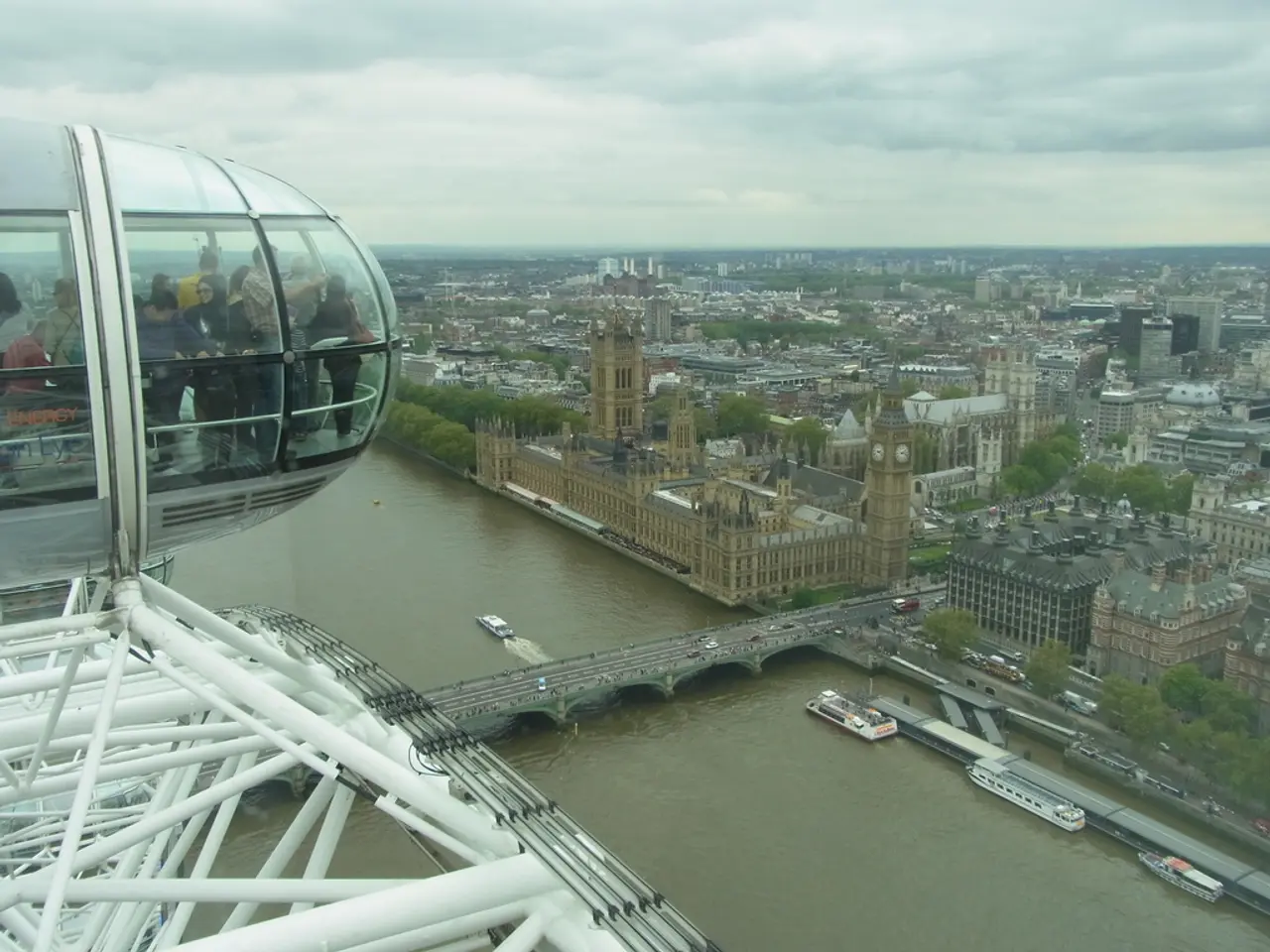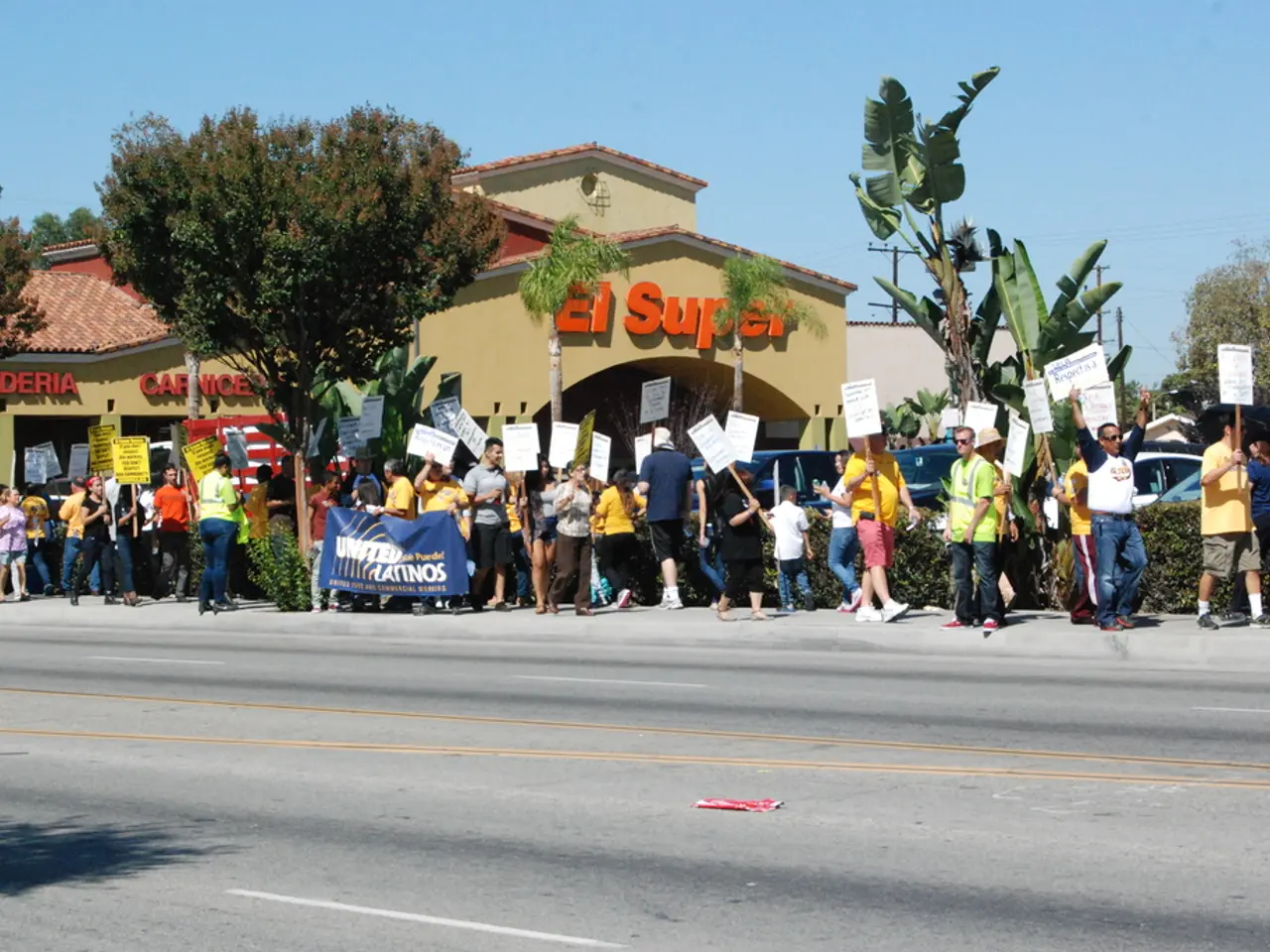Hidden Financial Mistake Worth £70,000 by the Council Remained Undiscovered for Years until One Individual Refused to Concede
In a landmark decision, Waverley Borough Council in England has admitted its mistake in the application of the Community Infrastructure Levy (CIL) charge on a local resident, Steve Dally, following a five-year legal standoff.
The dispute began in 2018 when Mr. Dally received planning permission to rebuild his rear extension, which was exempt from the CIL. However, when he made a minor amendment to the plans, Waverley Borough Council treated it as a brand-new build and issued a £70,000 CIL charge.
Internal pressure mounted, with councillors and campaigners stating that the council was ignoring common sense. Conservative group leader of Waverley Council, Jane Austin, called the eventual refund "too little, too late." Liberal Democrat councillor Liz Townsend admitted that the system had no safety net, and even when mistakes happened, there was no way to fix them.
Mr. Dally compared the treatment he received from the council to how one would treat a dog. He stated that his fight was never just about him but to prevent this from happening to anyone else. After media coverage, petitions, and help from councillors, Waverley Borough Council agreed to review CIL errors in January 2025.
The Community Infrastructure Levy is a planning charge that local authorities in England and Wales can impose on new developments to fund local infrastructure. Historically, CIL rates have been based on the floorspace of the development, but there are plans to shift towards a gross development value (GDV) basis, which could significantly increase the rates for some developments.
Disputes over CIL charges can arise for several reasons, including disagreements over the size of the development or the applicability of CIL to a particular project. The first step in resolving disputes is to request an internal review by the local authority that issued the CIL charge. If the dispute involves the valuation or size of the development, appealing to the Valuation Office Agency (VOA) can provide an independent assessment.
In this case, on July 8, the council formally admitted its mistake and confirmed Mr. Dally would be refunded almost £64,000. A new scheme will now assess other disputed CIL charges, offering hope for those who have faced similar issues. The council's decision marks a significant step towards ensuring fairness and transparency in the application of CIL charges.
[1] Community Infrastructure Levy: Guidance for councils in England, Ministry of Housing, Communities & Local Government, 2019. [2] Community Infrastructure Levy: Guidance for councils in England, Valuation Office Agency, 2019. [3] Community Infrastructure Levy: Proposals for reform, Ministry of Housing, Communities & Local Government, 2021.
- The Waverley Borough Council agrees to reassess other disputed Community Infrastructure Levy (CIL) charges, following their mistaken application to Steve Dally's home extension.
- Steve Dally expressed concerns that his case was not an isolated incident and his struggle was to prevent similar mistreatment in the future.
- Addressing misapplied CIL charges is crucial to ensuring fairness and transparency in policy-and-legislation related to development projects and general-news.
- Councillors and campaigners have pointed out that the CIL charge system lacks a proper mechanism for correcting errors, which needs to be addressed in the field of politics to improve planning and design of future developments.





